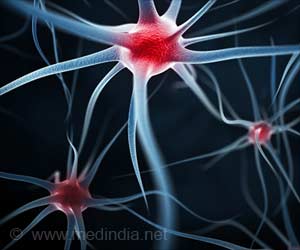
‘Parkinson’s disease drug benefits may be boosted by gene therapy, thereby opening a new path for late-stage Parkinson’s therapy according to a new study.
’
Tweet it Now
Levodopa is the standard treatment of care in Parkinson’s. In late-stage Parkinson’s disease, the drug levodopa becomes less effective due to inexorable loss of dopamine-releasing neurons. Gene therapy and Parkinson's Disease
However the new study shows that gene therapy targets a small brain region (substantia nigra) to boost the levodopa’s effects.
It helps restore the ability of neurons in the substantia nigra to convert levodopa to dopamine. The study thereby aims to identify people who will develop Parkinson’s in five or 10 years.
The team also show that damage to the powerplants inside dopamine-releasing neurons (mitochondria) is sufficient to trigger a sequence of events that faithfully recapitulates what happens to brain circuits in Parkinson’s disease – loss of dopamine-releasing neurons using advanced genetic tools in mice.
Advertisement
These findings may help identify humans in the earliest stages of Parkinson’s disease, and further develop therapies to slow disease progression and treat late-stage disease.
Advertisement
Source-Medindia













